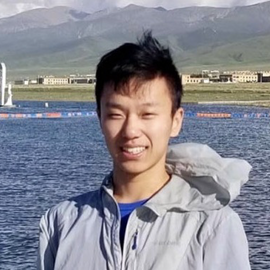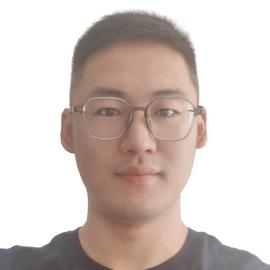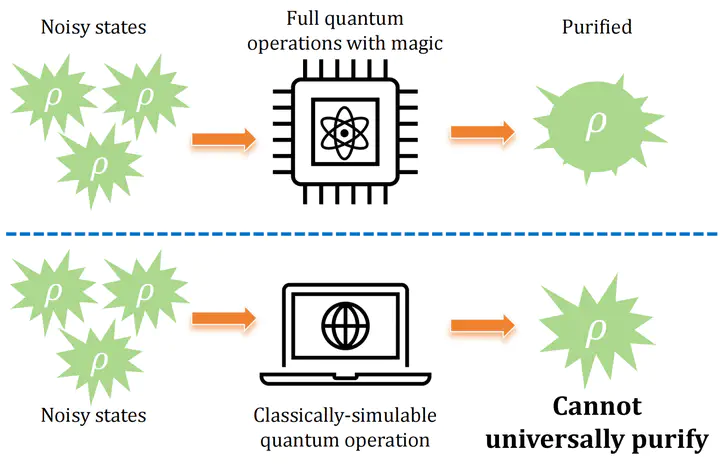Abstract
Quantum state purification, a process that aims to recover a state closer to a system’s principal eigenstate from multiple copies of an unknown noisy quantum state, is crucial for restoring noisy states to a more useful form in quantum information processing. Fault-tolerant quantum computation relies on stabilizer operations, which are classically simulable protocols critical for error correction but inherently limited in computational power. In this work, we investigate the limitations of classically simulable operations for quantum state purification. We demonstrate that while certain classically simulable operations can enhance fidelity for specific noisy state ensembles, they cannot achieve universal purification. We prove that neither deterministic nor probabilistic protocols using only classically simulable operations can achieve universal purification of two-copy noisy states for qubit systems and all odd dimensions. We further extend this no-go result of state purification using three and four copies via numerical computations of semidefinite programs. Our findings highlight the indispensable role of non-stabilizer resources and the inherent limitations of classically simulable operations in quantum state purification, emphasizing the necessity of harnessing the full power of quantum operations for more robust quantum information processing.
Publication
arXiv:2504.10516

PhD Student (2024)
I obtained my BS in Electronic Information Science and Technology from Chongqing University. I obtained my MS degree in Electrical Engineering from University of Southern California. My research interests include quantum information theory and quantum error correction.

PhD Student (2023)
I obtained my BS in Applied Mathematics from China Agricultural University under the supervision of Prof. Zhencai Shen. I obtained my MS degree in Cyberspace Security from University of Chinese Academy of Sciences under the supervision of Prof. Zhenyu Huang. My research interests include quantum information theory and quantum computation.

PhD Student (2024)
I obtained my BS degree in Mathematics from Nanjing University of Aeronautics and Astronautics and my MS degree in Mathematics from Beihang University. My research interests include quantum information theory and quantum machine learning.

Associate Professor
Prof. Xin Wang founded the QuAIR lab at HKUST(Guangzhou) in June 2023. His research primarily focuses on better understanding the limits of information processing with quantum systems and the power of quantum artificial intelligence. Prior to establishing the QuAIR lab, Prof. Wang was a Staff Researcher at the Institute for Quantum Computing at Baidu Research, where he concentrated on quantum computing research and the development of the Baidu Quantum Platform. Notably, he spearheaded the development of Paddle Quantum, a Python library designed for quantum machine learning. From 2018 to 2019, Prof. Wang held the position of Hartree Postdoctoral Fellow at the Joint Center for Quantum Information and Computer Science (QuICS) at the University of Maryland, College Park. He earned his doctorate in quantum information from the University of Technology Sydney in 2018, under the guidance of Prof. Runyao Duan and Prof. Andreas Winter. In 2014, Prof. Wang obtained his B.S. in mathematics (with Wu Yuzhang Honor) from Sichuan University.
 The framework of universal probabilistic purification.
The framework of universal probabilistic purification.